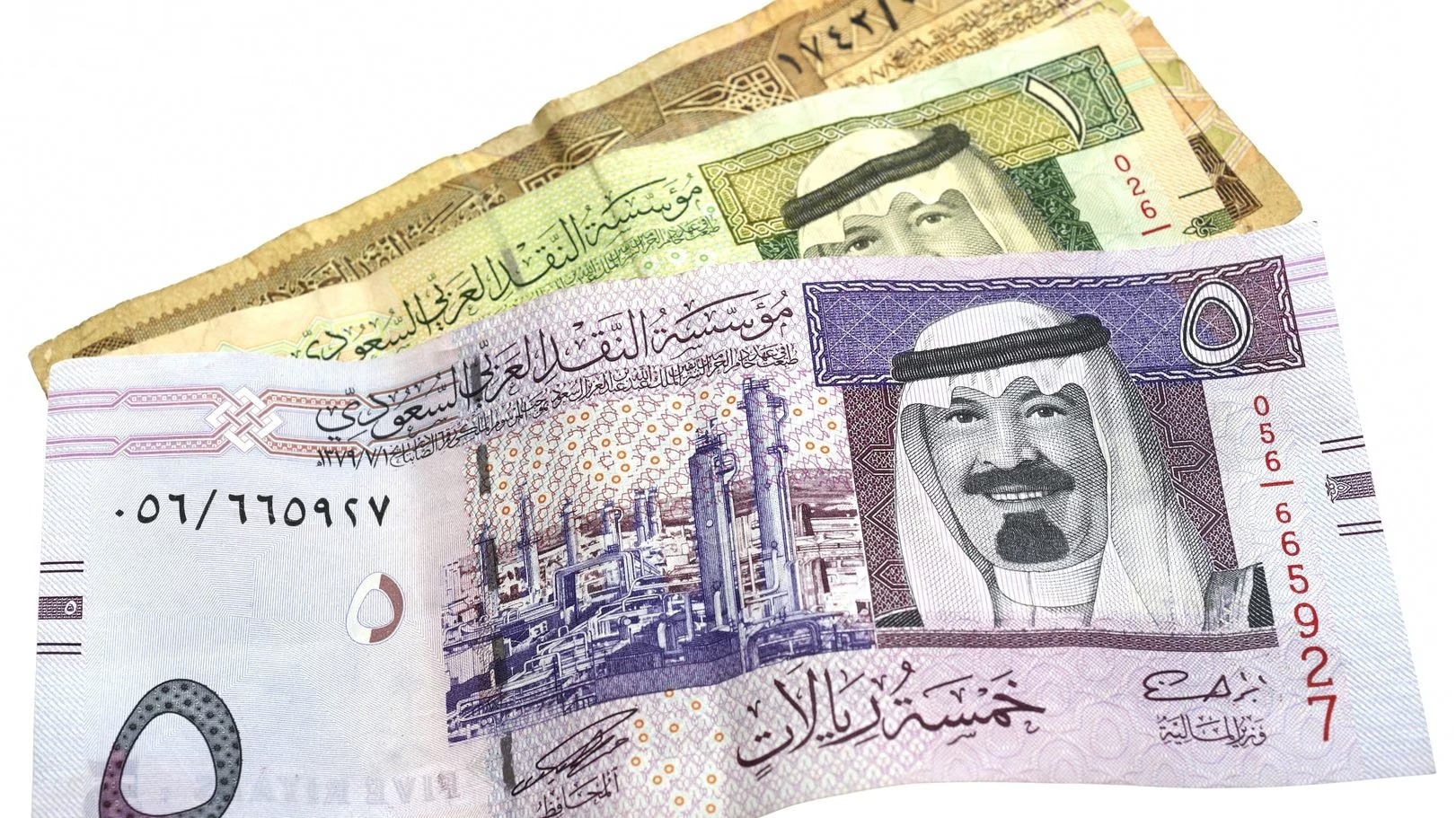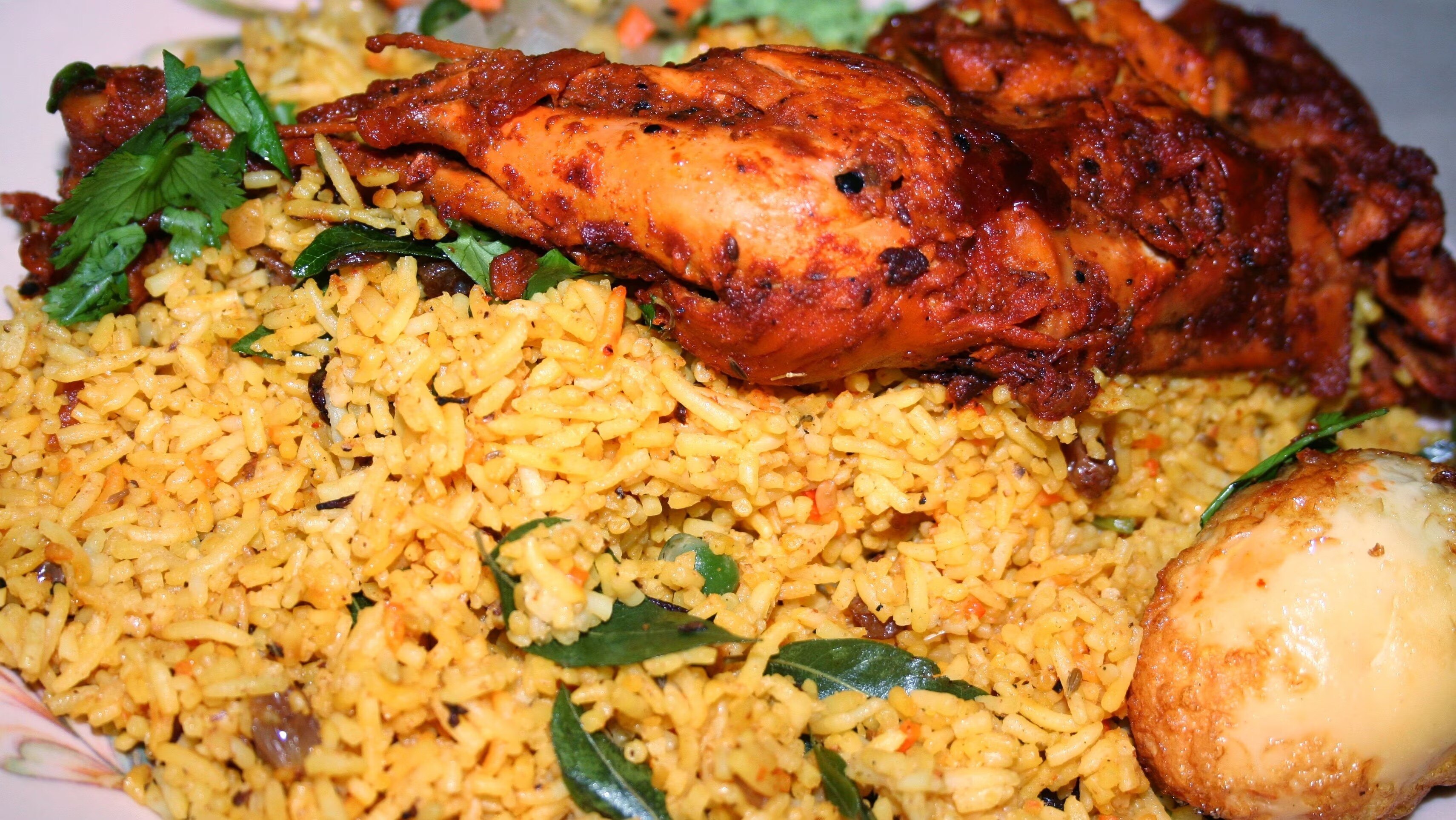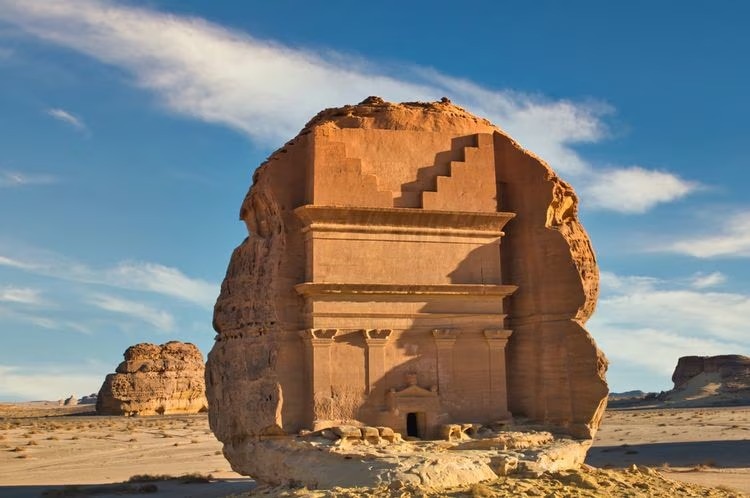Saudi Arabia Travel Tips and Information
Official Name
Kingdom of Saudi Arabia
Capital
Riyadh
Population
Country Code
29.37 million (as of December 2015)
SA
Country Code (international calls)
+966
The flight time to Saudi Arabia is approximately ---- hours. Check the climate, currency, religion, manners, other information of Saudi Arabia below. Wishing you pleasant travels to Saudi Arabia.
Located at the center of the Arabian Peninsula in the Middle East, it is the largest country in the region, bordered by the Red Sea and the Persian Gulf.
Local Climate / Weather
Saudi Arabia has a predominantly desert climate, marked by extreme temperatures, especially during the summer months when daytime highs can soar above 40°C (104°F). Winters are generally mild, with cooler temperatures ranging from 8°C to 20°C (46°F to 68°F), making this season more favorable for travel.
Currency & Tipping
Currency
The official currency of Saudi Arabia is the Saudi Riyal (SAR), which is subdivided into 100 halalas. Currency exchange services are widely available at airports, banks, and exchange bureaus, allowing travelers to convert their money easily. Credit and debit cards are also accepted in most hotels, restaurants, and shops, but it's advisable to carry some cash for small purchases and local markets.
Tipping
Tipping in Saudi Arabia is generally appreciated but not mandatory, with a typical range of 10% to 15% for good service in restaurants. In hotels, it is customary to tip bellhops and housekeeping staff, usually around SAR 5 to SAR 20, depending on the service rendered. While taxi drivers do not expect tips, rounding up the fare or giving a small amount for good service is a polite gesture.
Useful Travel Information

Voltage & Electrical Outlets
Saudi Arabia uses a voltage of 230V with a frequency of 60Hz, and the power plugs commonly used are type G, which have three rectangular prongs. Travelers from countries with different voltage standards should bring a voltage converter and appropriate plug adapters for their electronic devices. It is advisable to check the compatibility of your devices before traveling to avoid any issues.

Internet Connectivity
Saudi Arabia has a well-developed telecommunications infrastructure, and Wi-Fi is widely available in hotels, restaurants, and cafes, making it easy for travelers to stay connected. Mobile data services are also reliable, with several local telecom providers offering prepaid SIM cards for short-term use. However, some internet content may be restricted, so it’s wise to familiarize yourself with local regulations regarding internet use.
Water for Consumption (Drinking Water)
Tap water in Saudi Arabia is generally safe to drink, particularly in urban areas, but many travelers prefer bottled water for convenience and taste. Bottled water is readily available in stores and restaurants, and it's recommended to carry a bottle while exploring. Additionally, be cautious of consuming ice or drinks made with tap water, especially in rural areas, to avoid potential health issues.
Culture, Religion & Social Etiquette
Culture
Saudi Arabian culture is deeply rooted in Islamic traditions, with strong influences from Bedouin customs and hospitality practices. travelers will appreciate the warm welcome and generous hospitality extended to guests, which is a cornerstone of Saudi culture.
Religion
Islam is the predominant religion in Saudi Arabia, with the majority of the population being Sunni Muslims. Visitors are expected to respect religious practices, including daily prayer times, and non-Muslims should be mindful of local customs, especially in holy cities like Mecca and Medina.
Social Etiquette
Politeness and respect are highly valued in Saudi society, so greetings should be formal, often beginning with "As-salamu alaykum" (peace be upon you). Travelers should also be aware of local customs regarding dress codes, particularly in public places, where modest clothing is expected, especially for women.
Food Culture
Saudi Arabian cuisine is a rich tapestry of flavors and traditions, featuring dishes such as kabsa (a spiced rice dish with meat), shawarma, and falafel, reflecting the country's diverse cultural heritage. Street food is an integral part of the culinary experience, with popular options like samosas, grilled kebabs, and sweet treats like kunafa available at local markets. For a taste of authentic Saudi dishes, recommended local restaurants include Al Baik for fried chicken, Tammari for traditional rice meals, and Al-Masmak for a cozy atmosphere and delicious local fare.
Major Tourist Attractions & UNESCO World Heritage Sites
Major Tourist Attractions
Saudi Arabia’s main tourist attractions include the Dammam region, Masmak Fortress, Mecca, Jeddah, Madain Saleh, Diriyah ruins, Masmak Castle, Kingdom Centre Tower, Qatif, Medina, and more. The capital city of Riyadh serves as a hub for the country’s key attractions, combining ancient ruins with modern architecture. Medina, known for its deeply religious significance, features popular sites such as the Prophet’s Mosque, Quba Mosque, and Masjid al-Qiblatayn, all highly rated on travel review platforms and highly recommended for visitors.
UNESCO World Heritage Sites
Saudi Arabia’s cultural heritage sites include Madain Saleh, Historic Jeddah, the Turaif District in Diriyah, and the Rock Art of the Hail Region. Madain Saleh, an ancient city and archaeological site, was the first location in the country to be inscribed as a World Heritage Site. Jeddah, the country’s second-largest city and a historic gateway to Mecca, was designated a World Heritage Site in 2014. The Turaif District in Diriyah, a significant site from the First Saudi State, preserves many historical ruins and was added to the World Heritage list. Lastly, the Rock Art in the Hail Region, which includes the sites of Jubbah and Shuwaymis, showcases ancient carvings and was the most recent addition to Saudi Arabia’s list of World Heritage Sites. The country currently has no natural or mixed heritage sites inscribed.
Travel FAQs
Which airport is the most popular for flying to Saudi Arabia?
King Abdulaziz International Airport in Jeddah, near the holy city of Mecca, and King Fahd International Airport, the largest airport in the world, are popular.
What manners should be particularly observed in Saudi Arabia?
It's important to be mindful of modest dress, and not to use the left hand when eating, among other etiquette.
What is the safety situation in Saudi Arabia like? What should I be careful of?
Saudi Arabia is generally safe.
Is English spoken in Saudi Arabia?
The primary language used in the country is Arabic, but English is commonly spoken in urban areas.




